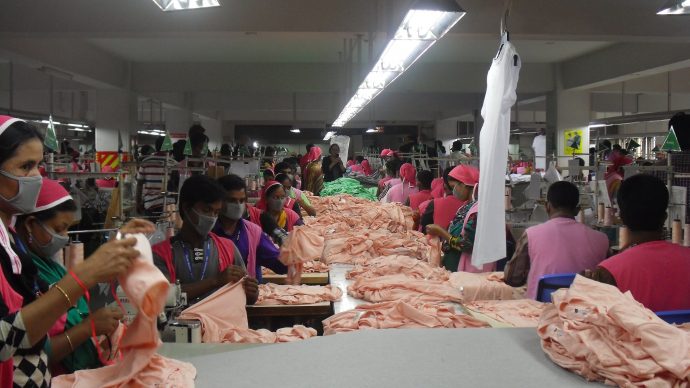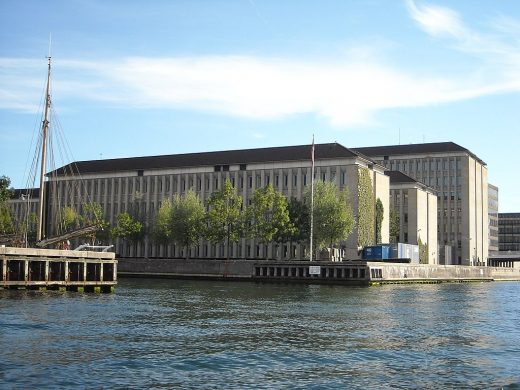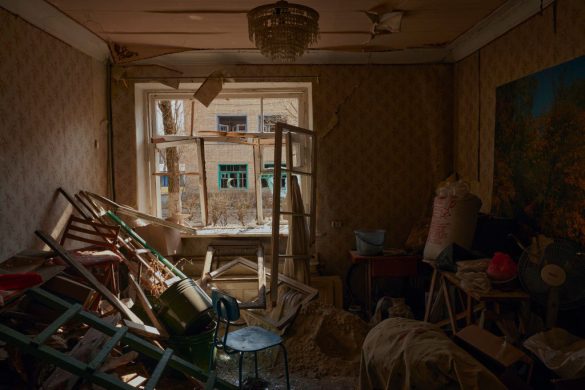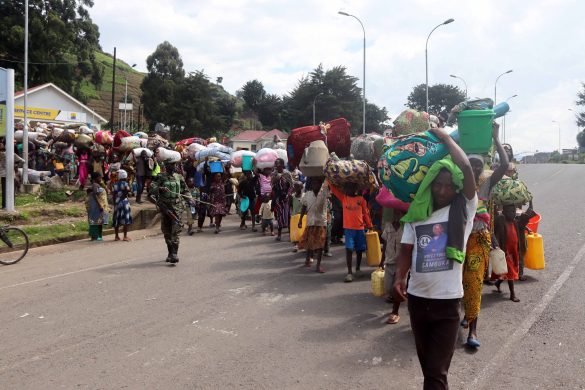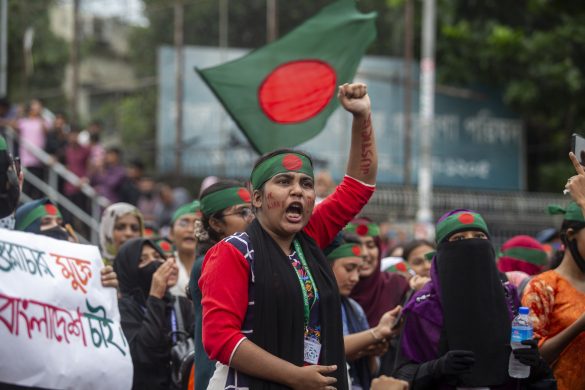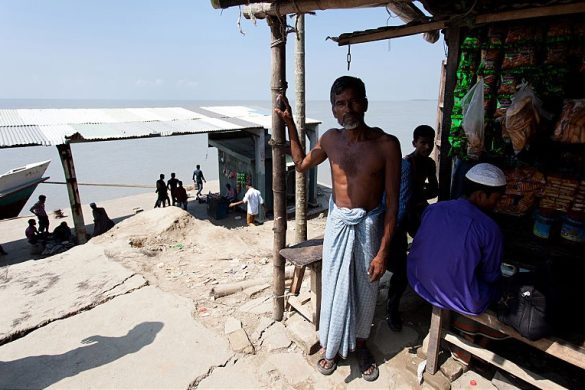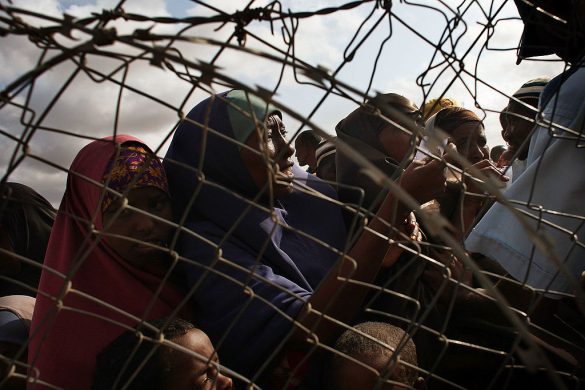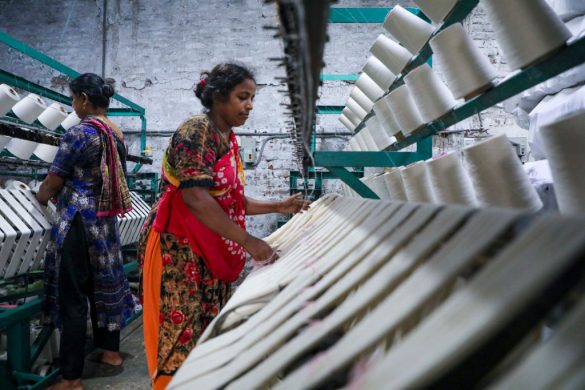Det fremgår af en pressemeddelelse fra Europa-Kommissionen onsdag:
The Commissioner for International Cooperation and Development, Neven Mimica, is presenting the Staff Working Document on "Sustainable garment value chains through EU development action" .
The document is presented at an event organised jointly by the European Parliament and the Commission to honour the victims of the Rana Plaza disaster and discuss challenges and opportunities for creating sustainable supply chains in the garment sector.
As a result of the collapse of the Rana Plaza building in Dhaka, Bangladesh, more than 1 100 people were killed and around 2 500 injured.
Commissioner Neven Mimica said:
"Tragedies like Rana Plaza have put the spotlight on the urgent need to improve the conditions in the garment sector. Many concrete actions to bring immediate improvements are possible and needed. This is what we aim to do. We need to turn tragedy into transformation and stand up for a fairer, safer and greener garment industry."
Four new projects
The European Commission recently approved four new projects related to the garment sector, targeting in particular Bangladesh, Burkina Faso, Mali and Pakistan. These projects of around €45 million will contribute to improve sustainable business practices and working conditions in producing countries.
The Staff Working Document presents an overview of the complex garment sector and the challenges it faces, and outlines a strategy for an effective EU development cooperation response.
It focuses on three priorities: economic empowerment of women, who are 75 % of garment work-force; decent work and living wages; and transparency and traceability in the value chain. Transparency is particularly important due to the fragmented production of the sector and the widespread practice of subcontracting.
To this end, the EU will focus its development cooperation and financial support to improve sustainable business practices and working conditions in producing countries, promote best practices for social and environmental standards, and reach out to consumers to raise awareness about how clothes are made and promote responsible choices.
Background
The garment sector is an important economic and driving force in many low-income countries and employs 75 million workers globally. An estimated 75% of all garment workers globally are women. With the right conditions in place the industry has huge potential for sustainable economic growth and development as well as job creation.
However, there are major economic and social challenges in the sector including low wages, lack of regular contracts, long working hours, trafficking in human beings, forced labour and child labour, lack of enforcement of collective bargaining and freedom of association rights, poor occupational safety and health protection and an unsustainable use of natural resources.
The following EU projects address the priorities as outlined in the Staff Working Document to a total value of €45 million.
A €16.5 million project on "Promoting responsible value chains in the garment sector" with a focus on Decent Work and Transparency and Traceability.
A €10 million project on "Strengthening fashion value chains and boost job creation" in Burkina Faso and Mali targeting sustainable development of micro suppliers and small entrepreneurs in selected garment relevant value chains.
A €12.6 million project funded through the Asia Development Cooperation Instrument regional envelope that aims at promoting and facilitating the compliance with and reporting on "International Labour and Environmental Standards in Pakistan's SMEs" in Pakistan.
A programme on Finance Safety Retrofits and Environmental upgrades in the Bangladeshi Ready-Made Garment (RMG) Sector" led by the Agence Française de Développement (AFD). The programme has a total estimated budget of €63.6 million including a €50 million credit facility from the AFD, a €6.6 million grant by the EU from the Development Cooperation Instrument, €4 million from KfW Development Bank and €3 million from Deutsche Gesellschaft für Internationale Zusammenarbeit (GIZ).
Development cooperation related to garment sector will be directed at supporting the thematic priorities and the intervention areas to a greater extent.

